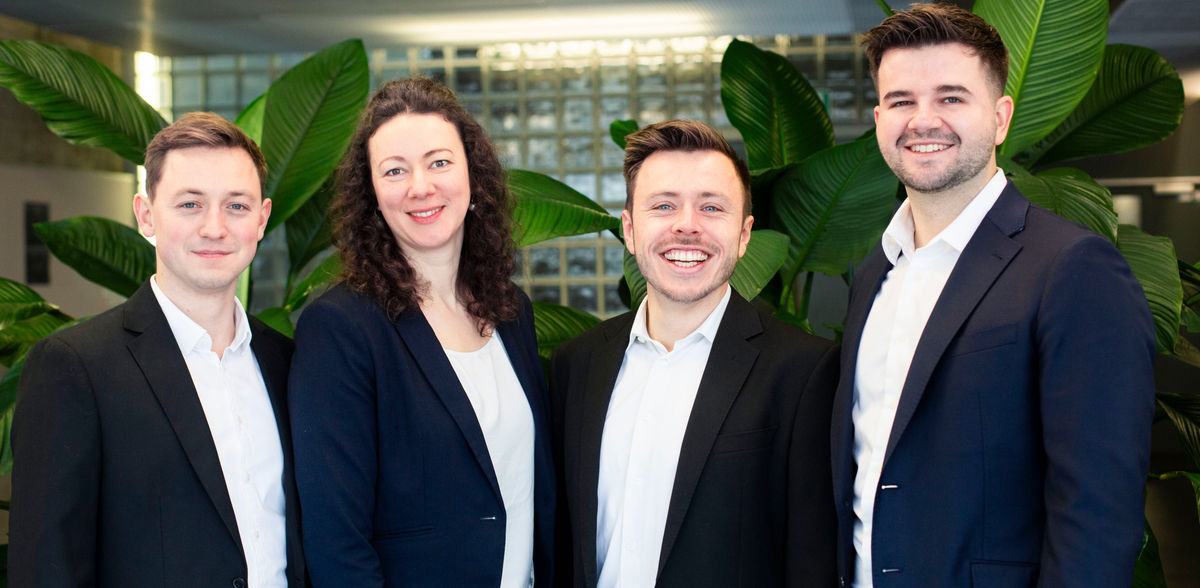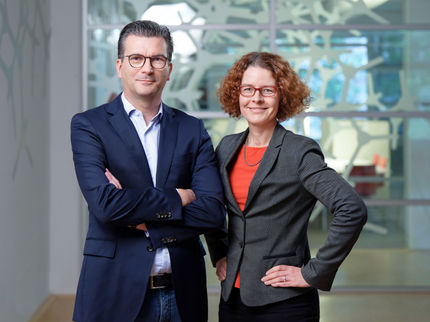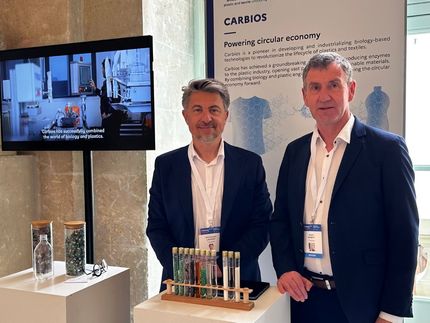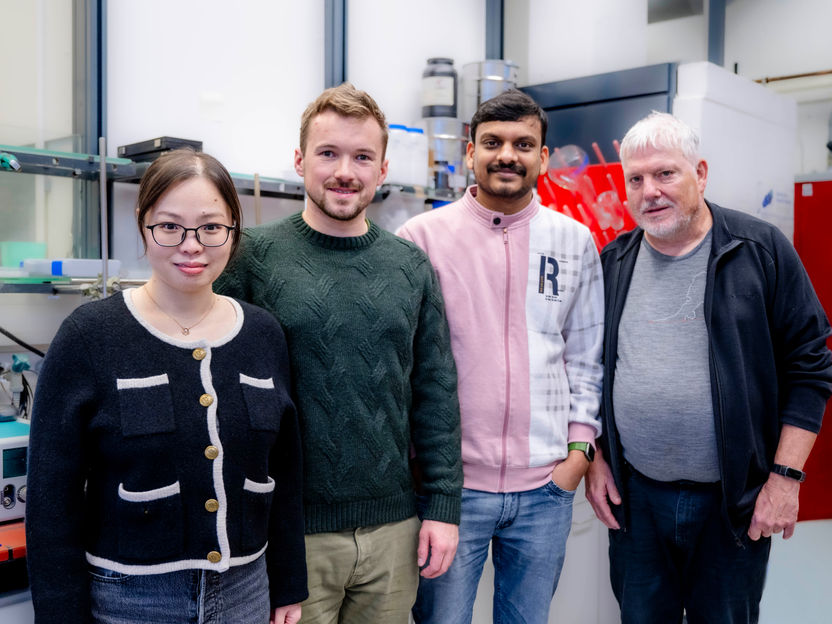Start-up wants to defossilize the chemical industry: "We want to convert the really difficult plastic waste back into a raw material"
Interview with the founder: Cyclize
Who is Cyclize and what does the ClimateTech start-up do - in an interview, Maike Lambarth, co-founder and CEO of Cyclize, answers all the questions of the chemie.de editorial team. Thank you very much for that!
Who are you and where do you come from?
Together with Stephan (Renninger), my co-founder and current CTO of Cyclize, I (Maike Lambarth) have been researching the topic of carbon recycling using plasma technology for almost 6 years. We started with the energy-intensive process of CO2 splitting for the production of marine diesel. Our profitability calculations quickly showed us that this would not pay off, even though it is technically exciting. After we had calculated many other possible processes, Stephan came up with the idea of the Cyclize process, in which, in addition to CO2, mixed plastic waste of all kinds is reformed into synthesis gas in a plasma. Synthesis gas, a gas mixture of carbon monoxide and hydrogen, is a basic building block of chemistry that we have been producing from natural gas or coal to date in order to manufacture a wide range of products such as plastics, foams, adhesives, paints, varnishes, hydrogen, fertilizer, fuel and much more. So it was clear that we would start up. This huge potential must be developed into an industrial scale. Together with Jan (Stein), who had been developing the plasma reactor with us for some time, and Dominik (Novakovic), who has experience in business administration, we started our business together two years ago through the EXIST funding program.
What challenge does Cyclize solve? What is your big vision?
In chemistry, "to cyclize" means to close a linear molecule into a ring. With Cyclize, we want to transform the linear use of carbon into a holistic circular economy. The mountain of plastic waste is growing every day. Globally, we still have no better solution for 91% of it than incineration or landfill. Yet there is still plenty of potential. We are solving this challenge with Cyclize: plastic reforming into non-fossil synthesis gas.
synthesis gas. The carbon in the waste thus becomes a feedstock again and replaces fossil resources. The competitively low production costs are particularly worth mentioning, as the electricity required to generate the plasma is very low. Three times less compared to an electrolysis process. The long-term goal is to electrify the entire chemical industry. Plasma technology can make a major contribution to this. Another exciting application for us is emission-free cement production and direct air capture. We have submitted patents for both and provided proof of principle. However, we still need the right market conditions to get started.
How did you come up with the idea?
Although we are scientists and passionate about technology, it was always important to us that our work could be applied in a meaningful way. In concrete terms, this means an economic process that is integrated into the value chain in an energetically meaningful way. Electricity is and will continue to be a valuable and limited resource, especially in a location like Germany. The trick with the Cyclize process is that we chemically use the energy contained in the plastic waste without burning it, which drastically reduces the amount of electricity required. The result: low-cost carbon recycling from previously unusable waste.
What was your development process like? What were the biggest challenges and setbacks? What were the biggest successes?
We started very small. A plasma the size of a 35-watt film can. After a few scaling steps and 5 systems later, we are already managing 10,000 watts in our pilot system and in a few months it will be 30 kW. With the seed financing of around €5 million that we have now raised, we are building the demo plant in the chemical park with 330 kW. The big goal is a 10 MW plant to cover an average synthesis gas demand.
Last year was not an easy one, neither in the world of chemicals nor in the world of investors. So we are all the happier to start the seed round with phenomenal investors and partners at our side and to be in good contact with many chemical companies. We are looking forward to the next steps.
How has the market and industry reacted?
We are receiving a lot of inquiries from companies and are pleased about the great interest from the market. The synthesis gas-based chemical industry is only one part of the market. We also receive a large number of inquiries from the plastics processing industry, where companies are concerned about the recyclability of their products in the context of Scope 3 emissions. For a variety of reasons, it is not possible to recycle these even with technologies such as pyrolysis or depolymerization. This is exactly where Cyclize comes in. We want to convert the really difficult plastic waste back into a raw material in the form of synthesis gas and reuse the carbon as a material.
Would you go down this route again - or is there anything you would do differently?
Yes, absolutely! We have learned a lot from the journey so far, have grown as a team and as individuals and are looking forward to the next steps with a growing team, towards the vision of defossilizing the chemical industry.
What can others learn from your start-up story?
Even if the road seems long at the beginning; not everything works right away, not even at the second and third attempt; it's worth sticking together. Alongside technology, the team is the most important asset as a young start-up. It's worth actively working on the team. We always say work on the company, not just in the company. It's difficult at first because there's always a lot to do, but if the basis - the team - isn't right, the technology framework on top of it will also be challenging.
Note: This article has been translated using a computer system without human intervention. LUMITOS offers these automatic translations to present a wider range of current news. Since this article has been translated with automatic translation, it is possible that it contains errors in vocabulary, syntax or grammar. The original article in German can be found here.
Other news from the department business & finance
Most read news
More news from our other portals
Something is happening in the chemical industry ...
This is what true pioneering spirit looks like: Plenty of innovative start-ups are bringing fresh ideas, lifeblood and entrepreneurial spirit to change tomorrow's world for the better. Immerse yourself in the world of these young companies and take the opportunity to get in touch with the founders.






























































